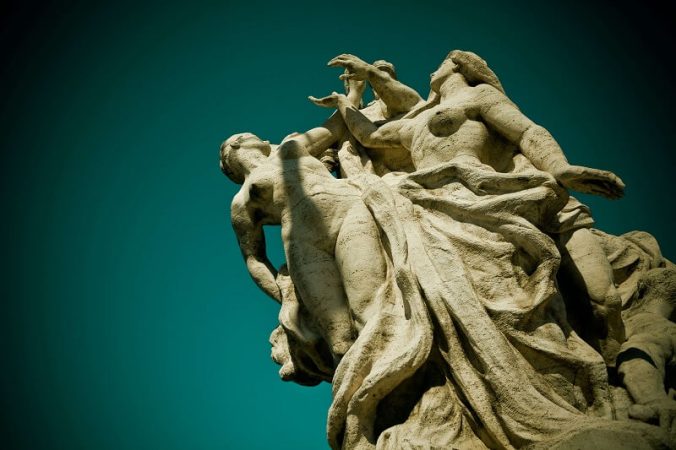In an increasingly interconnected world, cultural diplomacy has emerged as a powerful tool for fostering understanding, cooperation, and mutual respect among nations. Through the exchange of art, music, literature, and other forms of cultural expression, countries can bridge cultural divides, promote dialogue, and build lasting relationships based on shared values and interests. In this article, we’ll explore the significance of cultural diplomacy and how it contributes to international relations.
Promoting Cultural Exchange
Cultural diplomacy facilitates the exchange of ideas, traditions, and perspectives between countries, promoting mutual understanding and appreciation of diverse cultures. Through cultural festivals, exhibitions, and performances, nations can showcase their unique heritage and traditions, fostering cross-cultural dialogue and collaboration.
Bridging Cultural Divides
In regions characterized by political tensions or historical conflicts, cultural diplomacy serves as a means of transcending differences and promoting reconciliation. By engaging in cultural exchanges and collaborative projects, countries can overcome stereotypes, prejudices, and misconceptions, fostering empathy and goodwill among diverse communities.
Fostering Soft Power
Cultural diplomacy enhances a country’s soft power by showcasing its cultural achievements, values, and contributions to the global community. By sharing its cultural heritage with the world, a nation can enhance its international reputation and influence, attracting tourism, investment, and diplomatic partnerships.
Cultural Diplomacy in Practice
Numerous initiatives and programs promote cultural diplomacy, including government-sponsored exchange programs, cultural exhibitions, and artist residencies. These initiatives bring together artists, intellectuals, and cultural practitioners from different countries, fostering cross-cultural dialogue and collaboration on issues of global significance.
Challenges and Opportunities
While cultural diplomacy offers immense potential for building bridges between nations, it also faces challenges such as political tensions, censorship, and cultural barriers. However, by addressing these challenges and leveraging the power of cultural exchange, countries can overcome differences and work towards a more peaceful and prosperous world.
In conclusion, cultural diplomacy plays a crucial role in promoting understanding, cooperation, and peace in an increasingly interconnected world. By embracing the power of art and culture to transcend borders and unite people, nations can build bridges of friendship and cooperation that endure for generations to come. As we navigate the complexities of the 21st century, cultural diplomacy remains an indispensable tool for building a more inclusive, tolerant, and harmonious global community.





